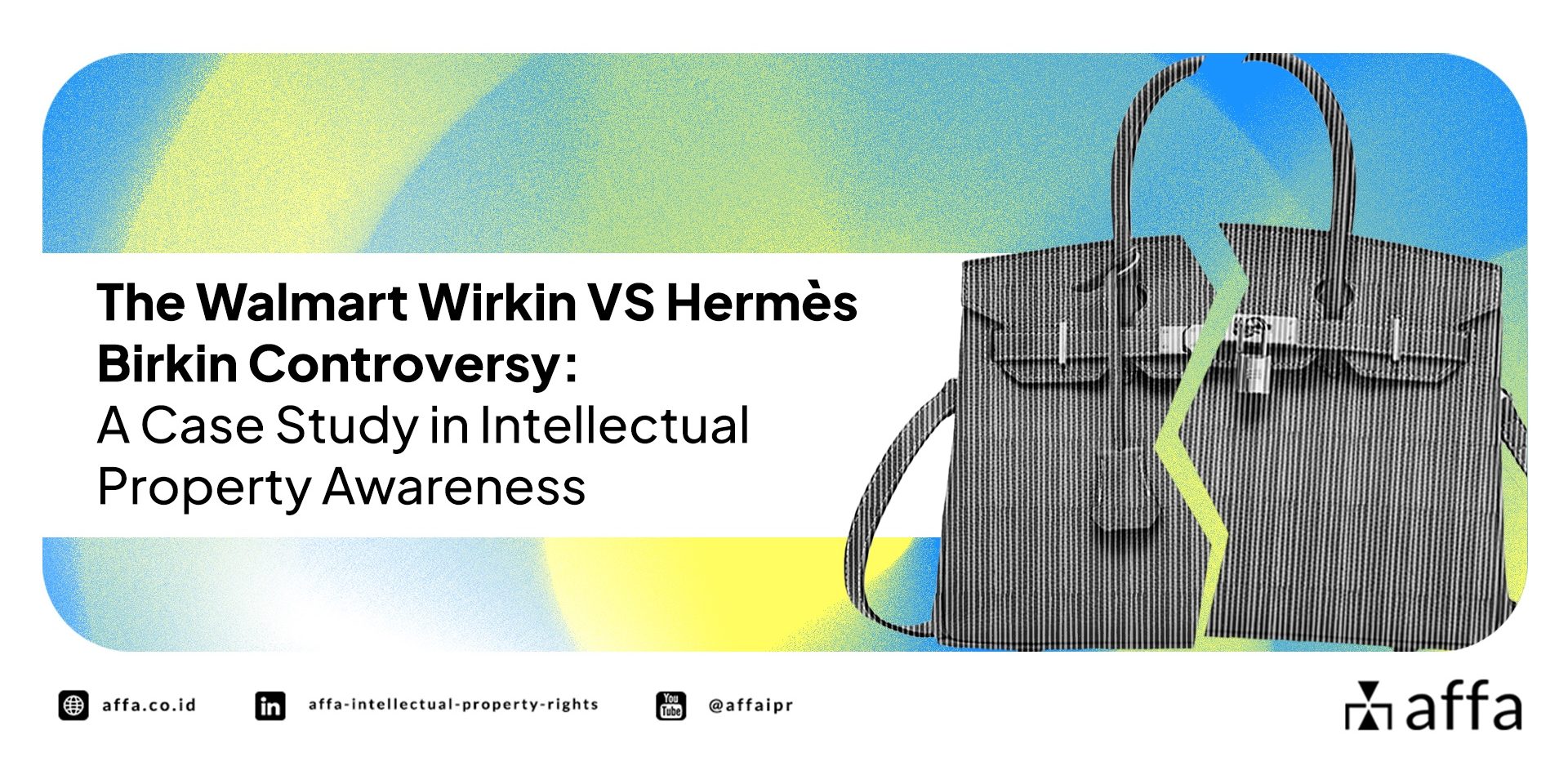The viral phenomenon surrounding Walmart’s “Wirkin” bag, which bears a striking resemblance to the iconic Hermès Birkin, has captivated social media and sparked discussions on fashion ethics, consumer behavior, and, of course, Intellectual Property. This controversy highlights the complexities of balancing accessible fashion with protecting luxury brand exclusivity. Here’s everything you need to know.
In December 2024, a USD 78 handbag sold on Walmart’s marketplace became an overnight sensation on platforms like TikTok. Dubbed the “Wirkin” by users, the bag mimics the design of the legendary Hermès Birkin, which starts at around USD 10,000. The Wirkin’s affordability and resemblance to a luxury product spurred millions of views in unboxing videos and drew widespread attention.
Ethical and Legal Implications
Supporters argue that the Wirkin democratizes luxury, making high-end aesthetics attainable for everyday consumers. Critics counter that such “dupes” undermine the craftsmanship, exclusivity, and Intellectual Property of brands like Hermès.
From a legal perspective, Hermès could potentially claim a Trademark, specifically Trade Dress infringement, as Wirkin’s design closely imitates the recognizable elements of the Birkin. Trade Dress protects the visual appearance of a product that signifies its source to consumers. However, Walmart might defend the Wirkin by emphasizing its lack of Hermès branding and the significant price gap, arguing that consumer confusion is unlikely.
Walmart’s Response
Amid mounting scrutiny, in mid-January 2025, Walmart removed the Wirkin from its marketplace and issued a generic statement: “In some instances, products may no longer be available. We invite customers to continue exploring our expansive selection and uncover new alternatives.” This move was likely intended to minimize legal risks and preserve brand relationships.
Key Differences Between the Wirkin and Birkin
The table below highlights the critical differences between the two bags, helping consumers distinguish between them:
|
Feature |
“Wirkin” |
Birkin |
| Price | ~USD 78 | Starts at ~USD 10,000 |
| Logo | No branding | “Hermès Paris” logo under the flap |
| Material | Synthetic or imitation leather | High-quality genuine leather or exotic skins |
| Size Options | Standard, typically smaller | Multiple sizes (25cm, 30cm, 35cm, 40cm) |
| Craftsmanship | Mass-produced stitching | Handcrafted using saddle stitching |
| Packaging | No luxury packaging | Comes with Hermès orange box and dust bag |
| Sales Platform | Walmart’s e-commerce platform | Exclusive to Hermès boutiques |
| Distribution | Mass-market availability | Strictly controlled, often with a waitlist |
From the Wirkin-Birkin case, we gain yet another insight that pricing remains a recurring source of Intellectual Property infringement. Affordable versions of well-known, especially luxury, products continue to attract significant market interest, often without regard for authenticity. However, if you are a Trademark owner, there is no need to worry, as having a registered Trademark establishes you as the rightful owner and grants you the legal authority to take action against counterfeit products. If necessary, you can further strengthen your position by registering your product design as an Industrial Design, ensuring that the aesthetic aspects of your product are also protected.
Moreover, if you are a retailer, it is crucial to understand the intricacies of Trademark law to safeguard your business reputation and avoid misleading virality, which could ultimately jeopardize your business’s sustainability.
Should you need more information about Trademark protection in Indonesia or globally, feel free to contact us via email at [email protected].







